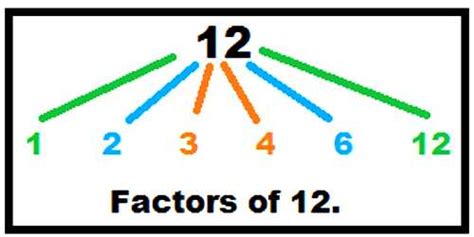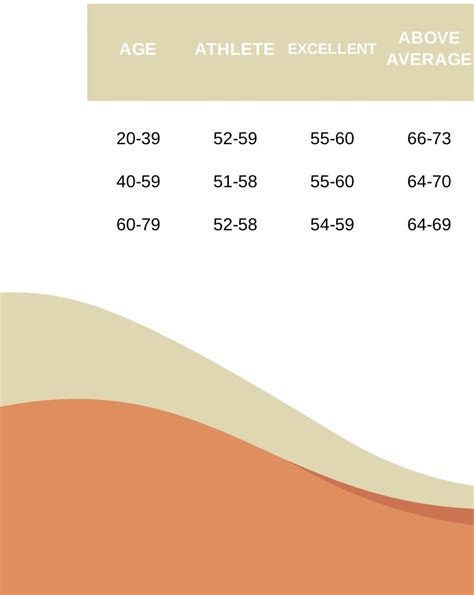Understanding Your Resting Heart Rate
Your resting heart rate (RHR) is a fundamental indicator of your overall cardiovascular health. It represents the number of times your heart beats per minute when you are at rest – calm, relaxed, and not engaging in any physical activity. For men in their 20s and 30s, understanding this metric can offer valuable insights into their fitness levels and potential health risks.

The Average Range for Men Aged 20-30
Generally, a normal resting heart rate for adults falls between 60 and 100 beats per minute (bpm). However, for healthy and moderately active men aged 20-30, the average tends to be on the lower end of this spectrum, typically ranging from 60 to 80 bpm. Highly fit individuals, especially athletes, may even have a resting heart rate in the 40-50 bpm range, which is often a sign of excellent cardiovascular conditioning.
It’s important to remember that this is an average, and individual rates can vary based on numerous factors. A lower RHR often indicates a more efficient heart, meaning it doesn’t have to work as hard to pump blood throughout the body.
Factors Influencing Resting Heart Rate
Several elements can impact a man’s resting heart rate in his 20s and 30s:
- Fitness Level: Regular cardiovascular exercise strengthens the heart, leading to a lower RHR.
- Body Size: Obesity can sometimes lead to a higher RHR as the heart works harder to supply blood to a larger body mass.
- Emotions & Stress: Stress, anxiety, and strong emotions can temporarily elevate RHR.
- Medications: Certain drugs, like beta-blockers, can lower RHR, while others, like stimulants, can increase it.
- Temperature: Hot or humid weather can slightly increase RHR.
- Genetics: Some people naturally have a higher or lower RHR due to genetic predisposition.
- Medical Conditions: Underlying health issues, such as thyroid disorders, anemia, or heart conditions, can affect RHR.

How to Measure Your RHR Accurately
To get the most accurate reading of your resting heart rate, follow these simple steps:
- Time it Right: Measure it first thing in the morning, before you get out of bed, after a good night’s sleep, and before consuming any caffeine.
- Relax: Lie down quietly for at least 5-10 minutes.
- Find Your Pulse: Place your index and middle fingers on the side of your neck, just to the side of your windpipe (carotid pulse), or on your wrist, just below the base of your thumb (radial pulse).
- Count the Beats: Count the number of beats in 15 seconds, then multiply that number by four to get your beats per minute (bpm). Alternatively, count for a full 60 seconds for precision.
- Repeat: Take the measurement a few times and average the results to ensure accuracy.

What a Healthy RHR Means for Young Men
For men in their 20s and 30s, a resting heart rate consistently below 60 bpm, especially in the 50-60 bpm range, often indicates a high level of aerobic fitness and a healthy heart. A consistently high RHR (above 80-100 bpm) might suggest a lower fitness level, stress, or potentially an underlying health issue. It’s not necessarily a cause for alarm on its own, but it’s a good indicator to pay closer attention to your lifestyle and potentially consult with a healthcare professional.
Tips for Improving Your Resting Heart Rate
If your RHR is consistently higher than desired, there are several lifestyle adjustments you can make to help lower it and improve your overall heart health:
- Regular Exercise: Engage in at least 150 minutes of moderate-intensity aerobic exercise or 75 minutes of vigorous-intensity exercise per week. This includes activities like brisk walking, jogging, swimming, or cycling.
- Balanced Diet: Eat a heart-healthy diet rich in fruits, vegetables, whole grains, and lean proteins, and low in saturated fats, trans fats, and added sugars.
- Stress Management: Practice stress-reducing techniques such as meditation, yoga, deep breathing exercises, or spending time in nature.
- Adequate Sleep: Aim for 7-9 hours of quality sleep per night. Poor sleep can elevate RHR.
- Limit Caffeine and Nicotine: Both stimulants can temporarily increase heart rate.

When to Consult a Doctor
While a higher RHR might simply mean you need to improve your fitness, it’s always wise to consult a doctor if your RHR is consistently above 100 bpm, consistently below 60 bpm (and you’re not an athlete), or if you experience symptoms like dizziness, shortness of breath, or fainting alongside any RHR changes. A healthcare professional can help determine if there’s an underlying medical condition and provide personalized advice.
Conclusion
Monitoring your resting heart rate is a simple yet powerful way for men aged 20-30 to gauge their cardiovascular health. While the average is typically between 60-80 bpm, focusing on a healthy lifestyle – including regular exercise, a balanced diet, and stress management – is key to maintaining an optimal RHR and supporting long-term heart health. Don’t hesitate to seek medical advice if you have concerns about your heart rate.





